[ad_1]
Top-of-the-line components about being a boxing fan is the vitality of the game’s historical past and the spirited debates and discussions that come up from it. The arguments about who was higher and who was finest; the limitless comparisons of various eras; the daring challenges of long-held assumptions — all an enormous a part of the pleasure of following the struggle sport.
After all writing is a giant a part of this, and one mark of a good boxing book is it helps to spark new debates. The Gods of Struggle by Springs Toledo scores excessive relating to providing up provocative concepts and assertions. And whereas the gathering does have its weaknesses, a few of these are the very issues that engender full of life debate; in spite of everything, disagreements can result in nice dialog.
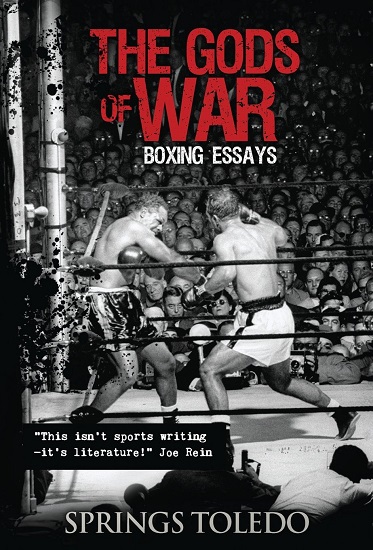
Toledo is at his finest when recounting particular anecdotes from boxing’s previous, and that’s simply how the ebook begins. On this first part of essays entitled “The Immortals,” he gives loads of lesser-known tales that make for fascinating studying. For instance, when he discusses the good Jewish fighters of the Twenties and 30s, he recounts how in 1929 a synagogue in Hebron was ransacked by a mob that murdered 67 Jews. Again in America, the boxing neighborhood staged a profit card headlined by 5 Jewish fighters, all of whom received their bouts. In his essay about Alexis Arguello, Toledo recounts how the day after “El Caballero del Ring” beat James Busceme, in Busceme’s hometown no much less, the loser of the match went out to have a good time his thirtieth birthday. Arguello, who’d stopped his opponent within the sixth spherical, realized the place Busceme was having his birthday dinner and introduced him a cake. Gentleman of the ring, certainly.
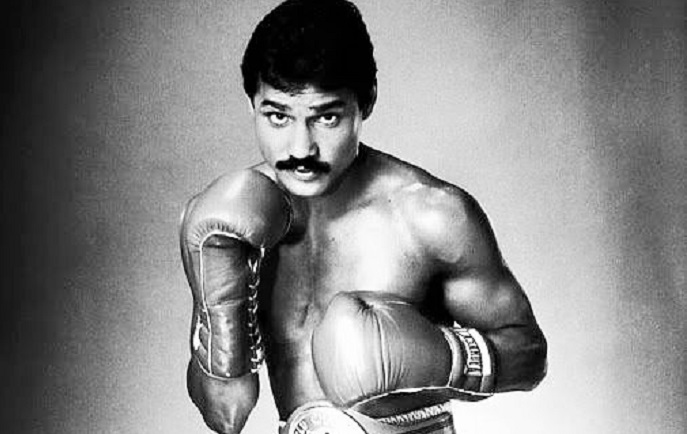
After seven such entries on totally different subjects — Joe Frazier, Kid Chocolate, a coach known as “The Nonpareil Hilario” — Toledo goes right into a sequence of 4 essays about Sonny Liston, which is probably the strongest part of The Gods Of Struggle. Once more, it’s the accumulation of small however important anecdotes which make these essays so good. In a single, Toledo recounts how Liston, in an effort to safe a shot on the title, knew that as an alternative of calling out the champ, Floyd Patterson, he needed to confront his supervisor, Cus D’Amato, and so took a prepare to New York in an effort to do exactly that. When D’Amato gave Liston an inventory of managers from whom the challenger may select, Sonny simply replied, “Ain’t that good. What you imply is that you just need to management me.”
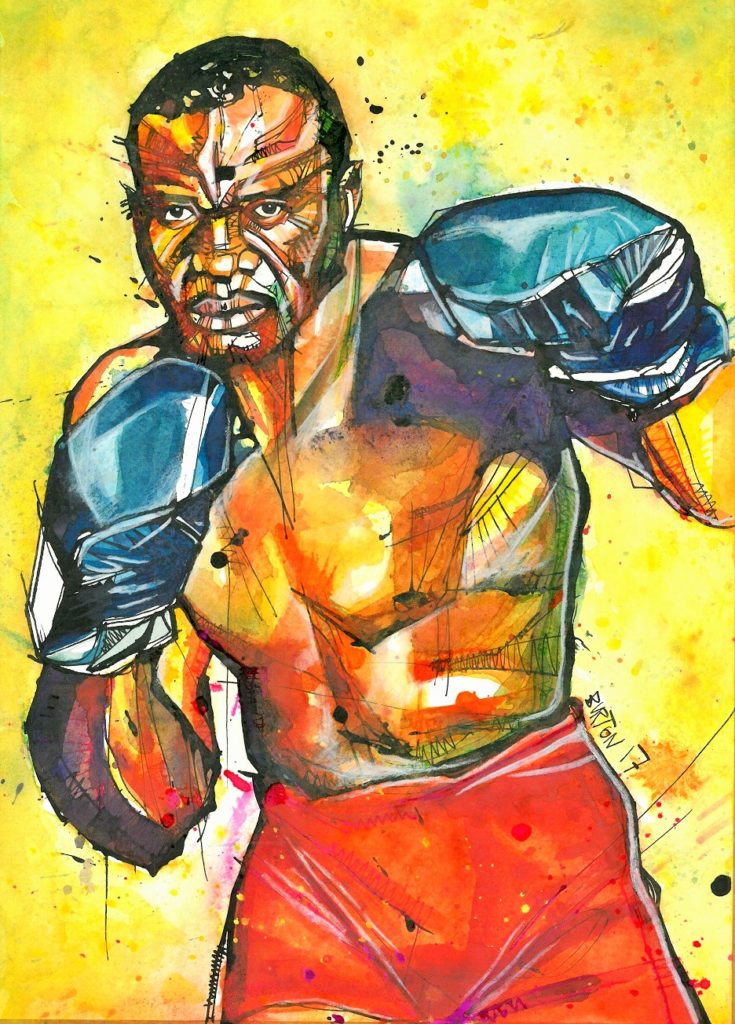
Maybe the ebook’s excessive level is the essay entitled “The Conquering Sonny” wherein Toledo makes his case for Liston being underrated within the pantheon of heavyweight champions. He discusses Sonny’s physicality: “[he] threw punches like medieval catapults threw boulders”; his method: “Ali himself conceded that Liston’s brutality was scientific”; and his intangibles: “Cleveland Williams broke his nostril within the first spherical … [b]lood poured like lava, however from the expression on Liston’s face, it appeared like he was taking part in poker.” Toledo makes a compelling argument that, as a result of Liston had been ducked by so many and for thus lengthy, his performances after reaching the head of the division fail to precisely symbolize his greatness.
This meditation on Sonny Liston’s place within the heavyweight pantheon serves as a segue into the ultimate ten essays of the ebook that are in regards to the pugilists Toledo considers the ten finest within the trendy period, the titular “Gods of Struggle.” Toledo’s evaluation of Liston stands on agency floor, however as he makes the case for his historic, pound-for-pound rankings, he cedes a few of that sturdy place and wades into the class-five rapids of objectively attempting to grade boxers of various eras.
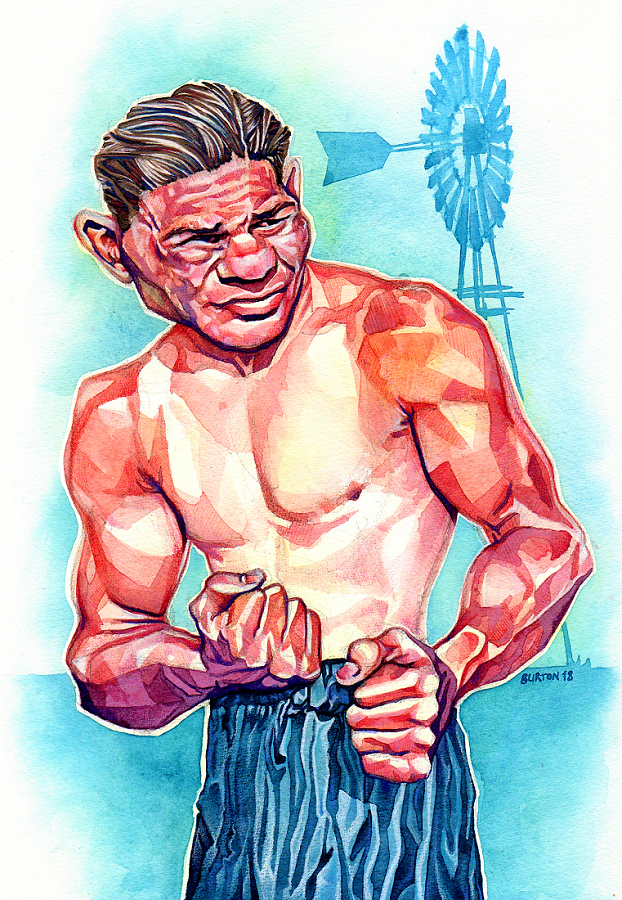
The primary concern is his definition of the fashionable period, the start of which he marks as Could 25, 1920 with the passage of the “Walker Legislation” in New York. This laws standardized weight divisions, mandated scoring choices be made by referees and judges, and created a state athletic fee, amongst different rules. Little doubt the regulation is critical within the growth {of professional} prizefighting, however it’s troublesome to see it as a clear break that led to speedy penalties for a way boxers boxed, in a style much like say the “useless ball” to “reside ball” shift in baseball in 1919. Nice pugilists who competed previous to 1920 — comparable to Joe Gans, Jack Johnson, Sam Langford, and Jimmy Wilde, simply to call just a few — should not included in Toledo’s rankings, however little doubt many followers and students of the sport would possibly take into account them “trendy” boxers.
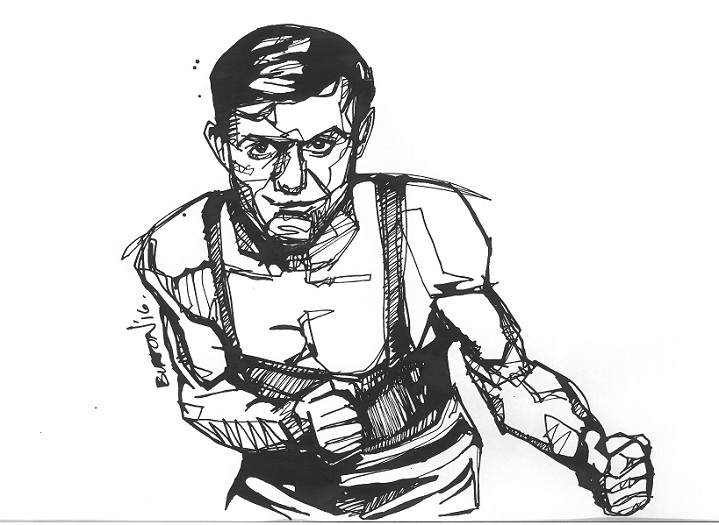
The second difficulty is Toledo’s standards. He ranks boxers on the next foundation:
1. High quality of opposition, 25 factors
2. Ring generalship, 15 factors
3. Longevity, 15 factors
4. Dominance, 15 factors
5. Sturdiness, 10 factors
6. Efficiency in opposition to bigger opponents, 10 factors
7. Intangibles, 10 factors
These are undoubtedly all qualities of any nice pugilist, and followers may debate this record endlessly, however Toledo places ahead his course of and ensuing rankings as “definitive.” For varied causes, together with these acknowledged earlier, it’s troublesome to see any rating of nice fighters as definitive, and for Toledo to say his as being so offers his work an air of conceitedness that, whether or not he realizes it or not, undermines his assertions. That is one high quality that in actual fact inhibits full of life debate and dialogue and places the emphasis on the author, as an alternative of the place it must be, on the fights and the fighters. That acknowledged, there’s no questioning that his ten “Gods of Struggle” are among the many best boxers who’ve ever lived and the ten ensuing essays stand on their very own appreciable deserves.
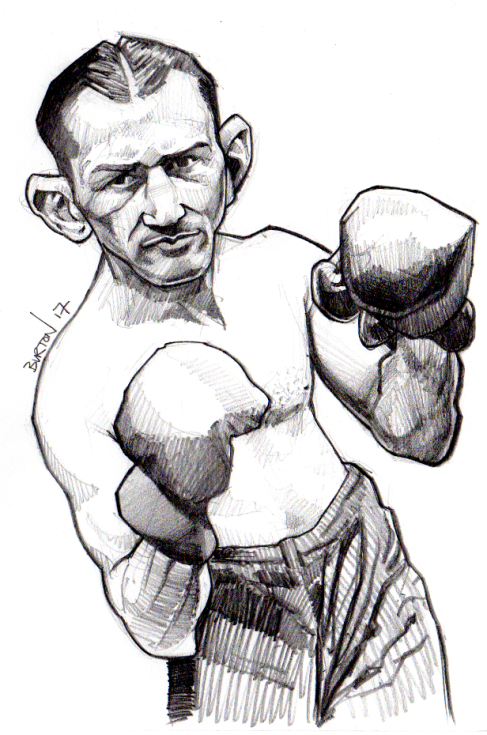
Nevertheless, when contemplating Toledo’s wider rating of his high 30 trendy boxers, questions do come up. For instance, Muhammad Ali is available in at quantity 12 and Joe Louis at 13, however above them at quantity ten is Charley Burley, who by no means received a world title, primarily as a result of he was ducked by the champions of the time. However I can’t assist questioning how Burley may need dealt with a world title and the pressures related to it. Doubtless he would have been an amazing champion, although success can do unusual issues to athletes, however the level right here is that we all know for sure that Ali and Louis (to not point out many others unmentioned in Toledo’s rating) rose to the event many times, and proved themselves the perfect of their division over an prolonged time frame. One can not say the identical for Burley.
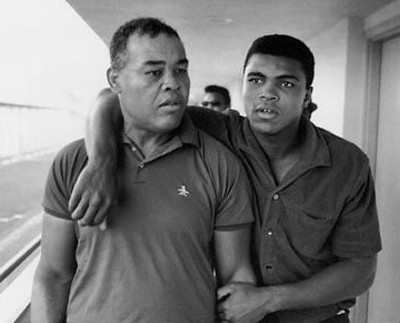
I’d have appreciated Toledo to deal with instantly such counter-intuitive parts of his rating, however as an alternative all Toledo says is that in case your favourite boxer doesn’t make the record, “perceive that it doesn’t imply he isn’t ‘nice’; it merely means that there are others nonetheless higher.” A good sentiment, however to me that is considerably dismissive of disagreements Toledo is aware of his readers can have. I’d desire to see him steel-man them than keep away from them, and contemplating the writer’s huge data, I believe he may do exactly that.
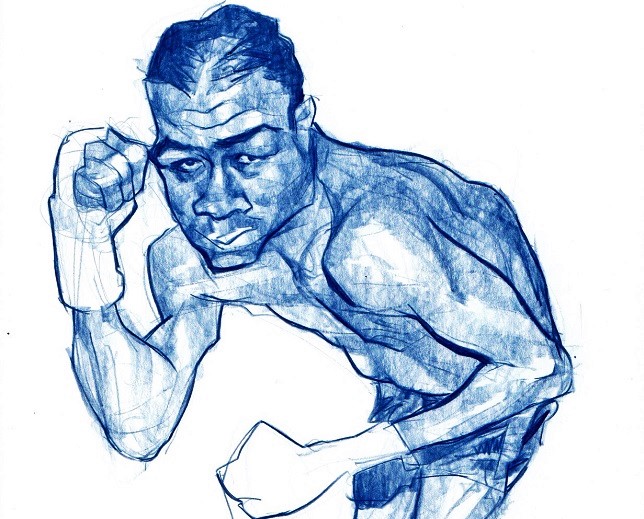
The writer’s unwavering confidence could also be a consider one other flaw of the ebook, particularly his propensity to slide from the persuasive to the pretentious. Toledo has the flexibility to indicate us a struggle or a fighter’s life with readability and eloquence, however he may also take a tad an excessive amount of enjoyment of his personal linguistic thrives. For instance, he frames his essay “Fireworks and Falling Giants” across the Fourth of July vacation because it was the date of Jack Dempsey’s battering of gigantic Jess Willard, and his conceit leads to quite a few revolutionary comparisons.
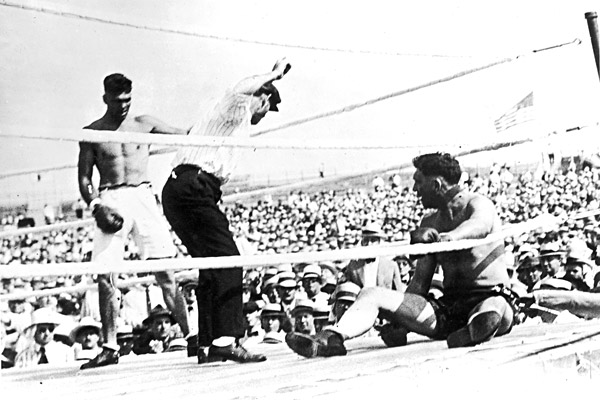
Recalling Gunboat Smith’s struggle in opposition to Willard, Toledo writes: “Like Smith, Normal George Washington spent the early a part of his wrestle in opposition to a superior power attacking and shedding.” Then later: “Willard’s struggle plan was much like Nice Britain’s in that it was each conservative and overwhelming.” Whereas such references could be intelligent, they quickly develop into tiresome and total the writer does this form of factor too often for my liking. I don’t deny Toledo his wonderful moments, and he has many, however for me the prose too usually takes middle stage on the expense of the subject material.
Springs Toledo is an awfully educated boxing author, and even with its flaws, The Gods of Struggle made me suppose and need to speak with different struggle followers in regards to the ebook and what I’d learn. Its a quantity that entertains whereas spurring deliberation and dialogue. This isn’t about being proper or improper; it’s about maintaining the dialog, and in that respect Toledo has succeeded admirably. — Joshua Isard
[ad_2]
Source link



